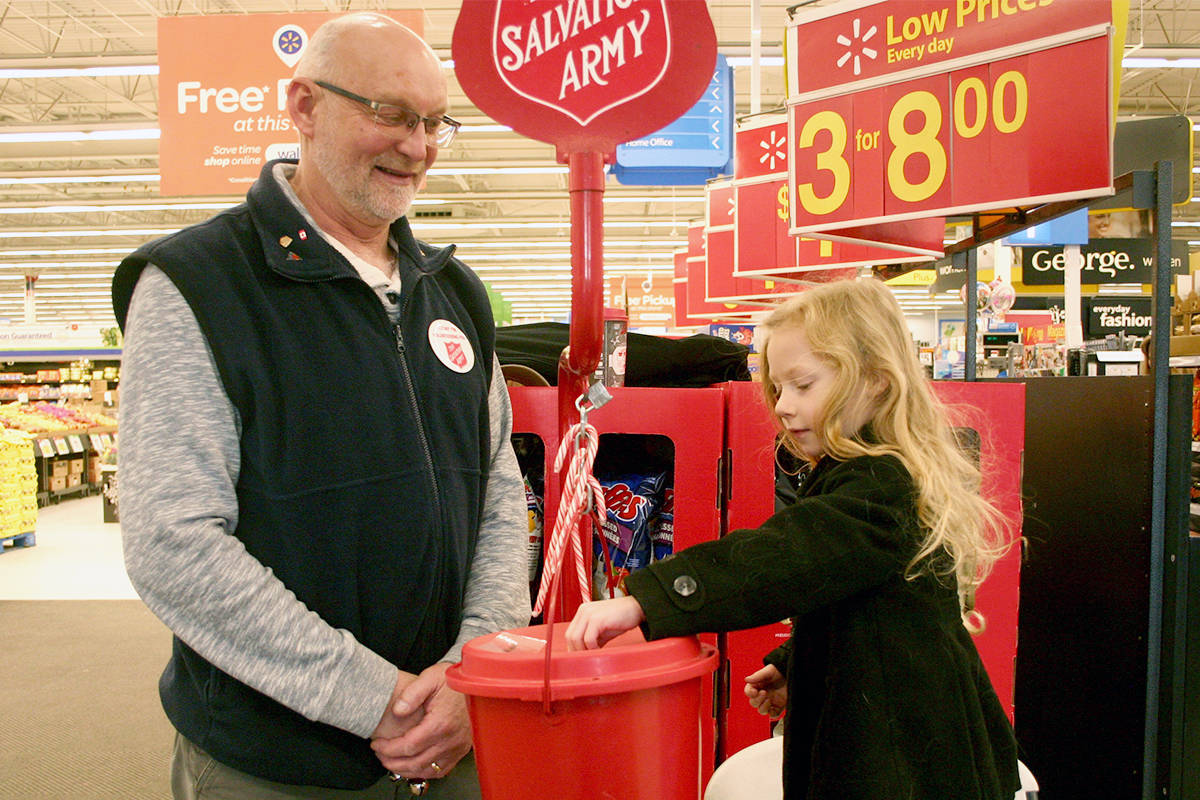By John Longhurst
Canada’s charitable sector is facing an impending funding crisis.
That’s the warning being issued by CanadaHelps, one of Canada’s leading philanthropic organizations.
Its new report, titled The Giving Report, 2018, found that donations are down across all age groups.
In 2015, 20.4%, or one-fifth of tax-filers, claimed charitable deductions, compared to 24.6, or a quarter, in 2006.
Demographically, donations rates decreased between 4-6% in almost every age group in that time frame—except for older people.
The report found that although Canadians donated more total dollars to charity in 2016 than in 2006, the rate of charitable giving is not keeping up with population growth.
READ MORE: Bah humbug: Canadians’ donations to charity down 30% since 2006
At the same time, the average donation amount per Canadian per year, 18 years of age or older, has decreased from $368 to $346.
“Canada might have more people, but we’re giving less than ever,” the report states.
It adds that “with both donation rates and donation amounts dropping, a dangerous trend for the charitable sector has emerged.”
Best givers not being replaced
The best givers, the report notes, are 55 or older. In 2015, they collectively gave just over two-thirds of the total amount of charitable donations.
Not only do these older Canadians give more, they are the only Canadians who have increased the amount they give over the past ten years.
This is a sharp contrast to Canadians in the 25-54 age group, who have seen decreases in their donations of 2.8% per year.
“This makes the decreases by this younger age group more concerning, as they are the largest age group,” the report states.
It adds “this giving model is unsustainable for the country’s charitable sector.”
Adding to the urgency is the fact the best givers—the oldest people—are literally dying. When they are gone, so too will be their donations.
Why is giving decreasing?
One reason for the decline is that Canadians may simply be overwhelmed by the number of needs in Canada and around the world. There are so many good and worthy causes to support!
The increased cost of living is also a factor, especially for people living in Canada’s largest cities.
Economic uncertainty is another reason, especially for younger people who live in what’s called the “gig” economy—living from contract to contract.
Since religiosity is one of the strongest indicators of whether someone donates, the decline in attendance at religious services is also playing a role.
With fewer people attending services, there will be fewer people learning about needs at home or around the world, and then giving from a sense of religious joy and duty.
What it means
Who cares if giving goes down? Everyone should.
This includes governments, at all levels. Where will people go if a homeless shelter or a soup kitchen closes? Where will hospitals get funds for research? What happens to kids who no longer have a volunteer-run after school sports program? To the government, of course.
It also applies to us as individuals. We may not need charity now, but we may need the research being done on various diseases one day—research that is supported by donations. Or we may enjoy a trail kept-up by a non-profit group, or by help provided to panhandlers so they can find housing and jobs.
What to do?
The challenge is clear. But what to do?
That’s a question that occupies the mind of Darren Pries-Klassen, CEO of Abundance Canada, a donor-advised foundation that encourages charitable giving.
“There’s no quick fix,” he says. “But at least we should be talking about it—charities, government officials, churches, concerned citizens and the media.”
For him, the big questions are: “How do we motivate the next generation of givers? How can we promote generosity to younger generations? And what will replace religion as a catalyst for giving?
So far, there are no magic solutions. “But starting a conversation would be a good first step,” he says.
John Longhurst is a freelance writer.
With offices in Kitchener, Winnipeg, Calgary and Abbotsford, Abundance Canada is a donor-advised public foundation that enables individuals to achieve their philanthropic goals during their lifetime and through their estates.



